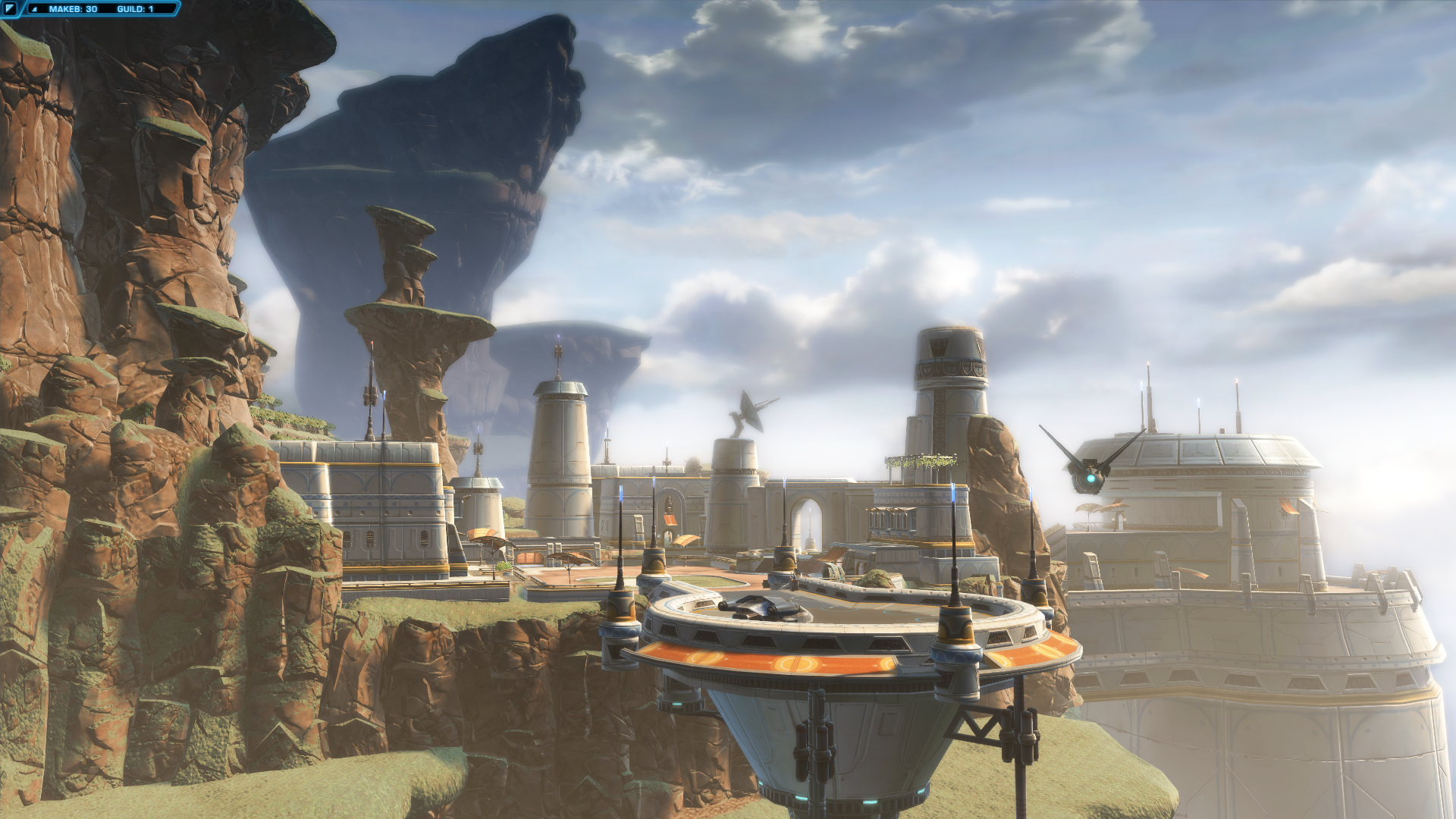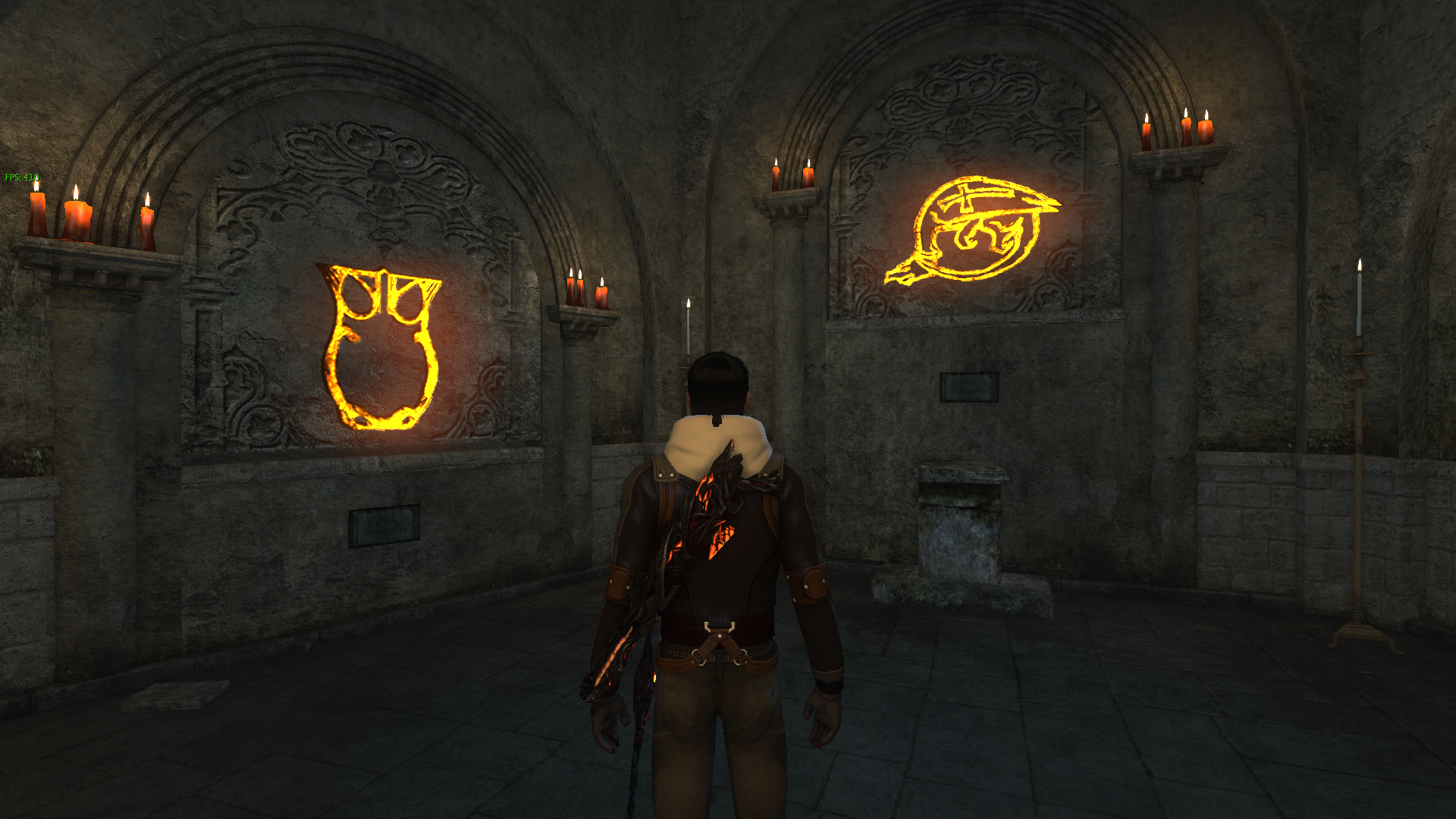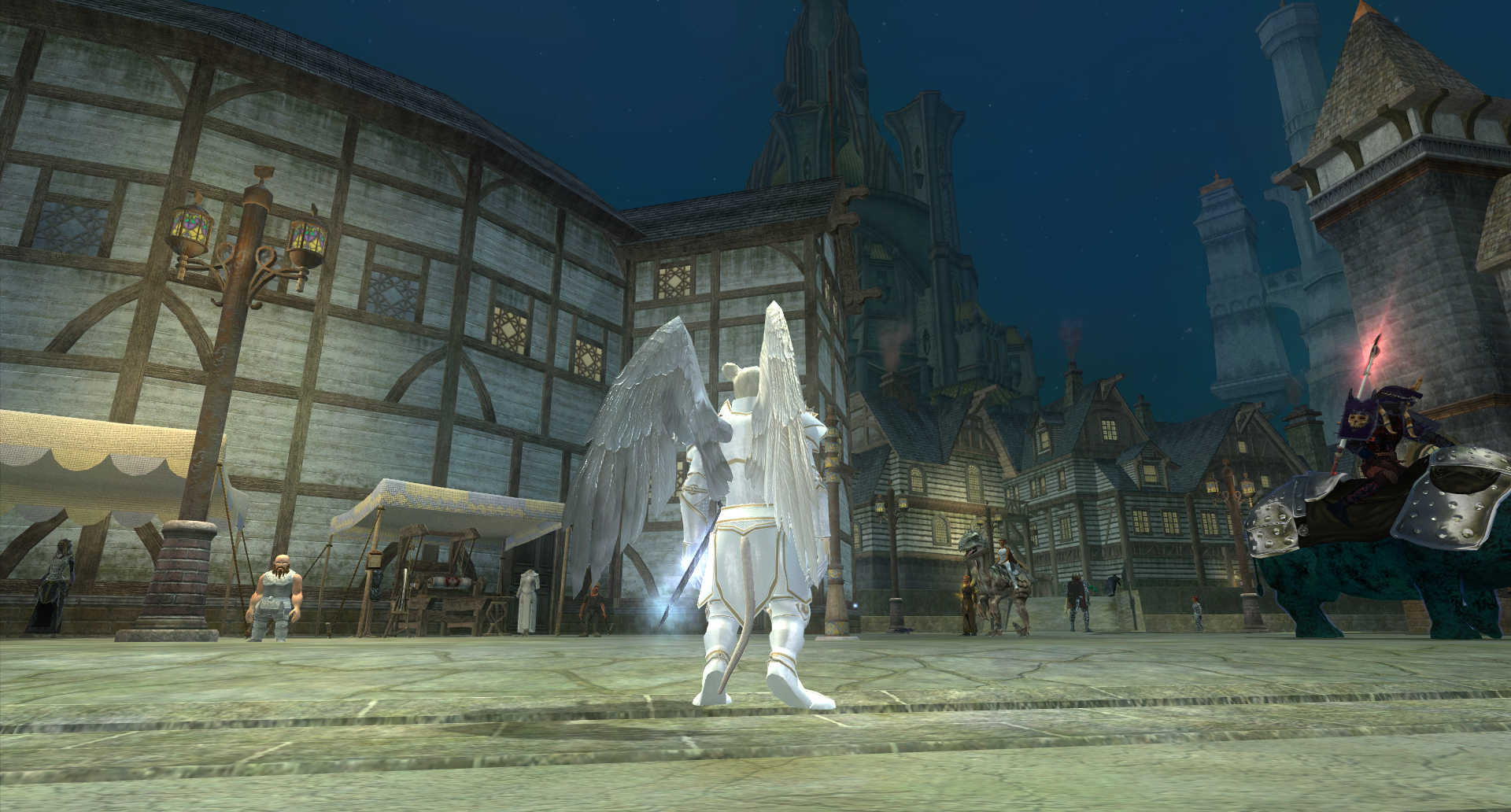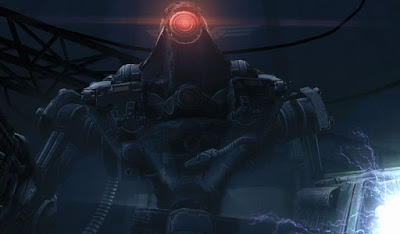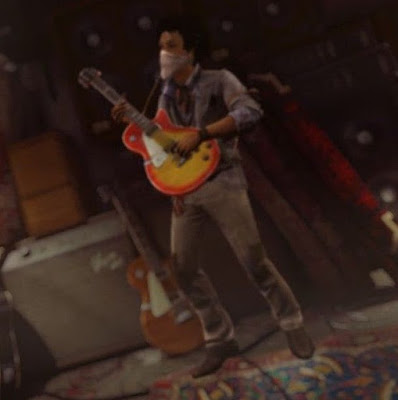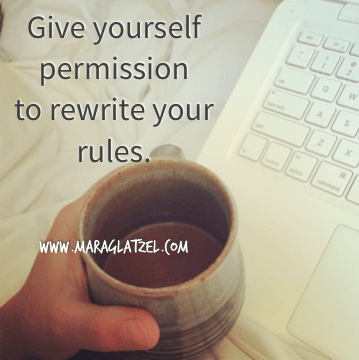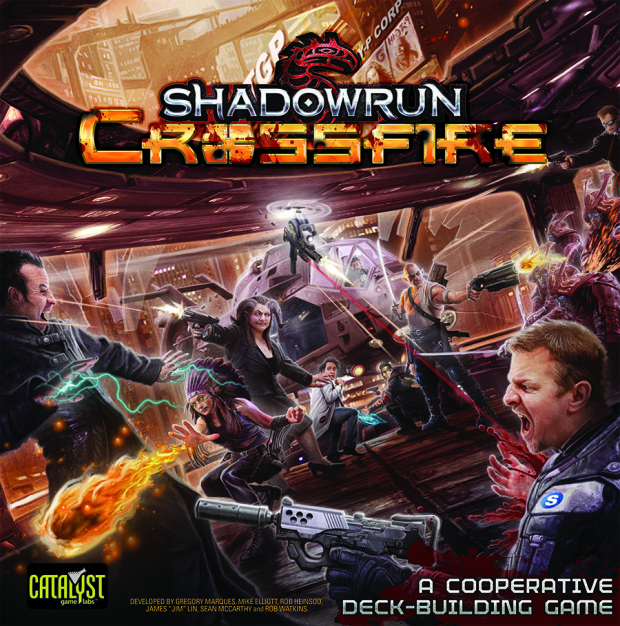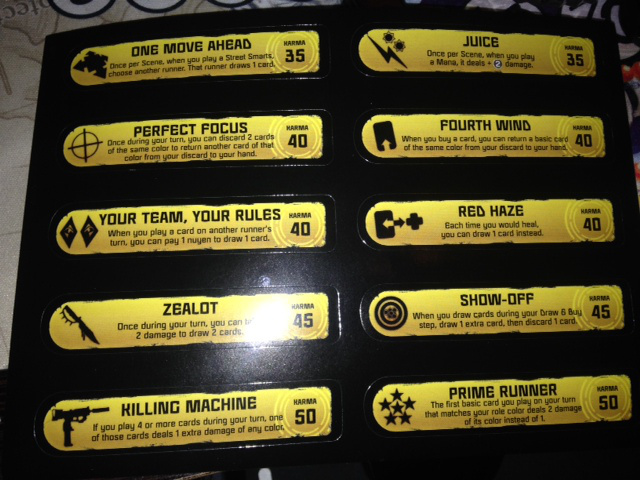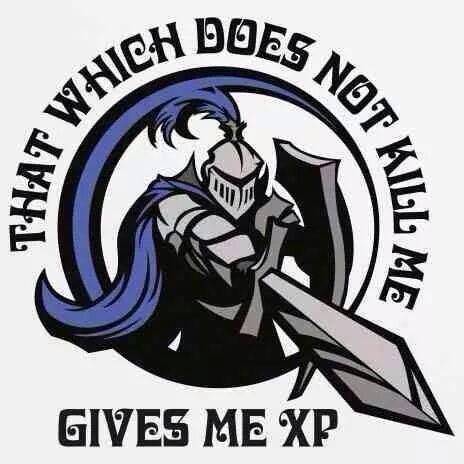Returning Players
If you have followed me for any length of time you realize I play an awful lot of games. One of those traits also involves going back and re-exploring games that I have long consigned to the dust bin. One of the challenges with this lifestyle however is trying to figure out what the hell you were doing some six months ago when you last touched a game. This morning I want to talk about a problem that most games have. As content is released there is often times no real thought about the folks that will come back to the game several patches behind. While there is generally one game that I stay up to date with, and that game currently is Final Fantasy XIV… the others sit in various states of completion with no real easy route back to where I last left off. What ends up happening generally is that I start a brand new character, because it is simply easier to start fresh than try and sort out the options open to a formerly “level capped” character. As a programmer it seems like it would be easy to create some sort of new features tool that lead you to what has been recently added to the game. Various games have attempted this, and honestly Final Fantasy XIV has one of the better versions of this technology… but it could still use a lot of work.
World of Warcraft has these quest boards in main cities that are supposed to lead you to the starting quests of new areas. The problem being that you level so damned fast in that game that you always are well ahead of the quest completion curve. The worst offender however has to be The Secret World. In that game every single quest is essentially repeatable, so even if you are up to date… it can be a challenge to sort out what quests are new in a given region. The last quest content I completed was the “Last Train to Cairo” from Issue 6, and even then I think I missed most of Issue 5 because I didn’t quite know where to start to find it. Now we are sitting at Issue 12 and I know I have a ton of awesome content waiting on me. As each has been released I have popped in to spend some of the lifetime membership currency that I gain each month. The problem being… without significant research on my part I have no real idea where to start to even begin trying to sort these out. I spend most of my free time consuming MMO content… and if this bothers me… it has to be an impassible wall to more casually interested players.
Content Advisement
With the launch of Cataclysm, the World of Warcraft attempted to solve this problem by creating a series of billboards spread throughout the major cities that are designed to give you the start of a quest chain leading into new zones. The problem there is that you level too damned fast, and I constantly had a back log of these quests telling me to go to various zones that were less than optimal for my questing experience. While I applaud their efforts… I think all of these MMOs need to do a much better job at giving players advisement as to what they should be doing. What I envision is an optional box that says what zone you should be in based on your level and or gear, and provide a series of quest suggestions that you never completed. If there is a holiday going on, it should prioritize this and if you are at the level cap it should guide you to the next patch worth of content that you had not experienced. This would go a long way in making returning players feel welcome and relevant in the game experience. Considering I have done this dozens of times… I can tell you that returning to an MMO that you tucked neatly away into your past… is a completely overwhelming experience.
Firstly you have to sort out your bags, because I have not left a single MMO in a state where I did not have hundreds of items in my inventory with no memory of what was actually useful and what was simply dross that I picked up while killing things. Next you have to sort out your quest log, which also is never really left in a neat state. If you are the level cap you generally have a mixture of quests that you never completed and quests from whatever happens to be the current “daily” hub. Upon returning generally speaking neither of these is much use, but at the same time I find it just as hard to sort through my quest log as it was to sort through my bags. What I really want is some intelligence guiding my decisions. Present me with options of things that players in my level range are normally doing. Help me get back into your game, and set down roots again. It honestly shocks me that no game company seems to have thought this one through. There are a fixed number of new players out there, so many times established games are just trading their populations over time. Anything a game can do to make it more “sticky” for returning players has to ultimately help the bottom line.
Breakup on Reentry
Like I said Final Fantasy XIV does a decent job at this, but their own advisement window is greatly limited based on several factors. The biggest is that most of the items in the list are limited to the zone you are currently in. In the case of a returning player, they may or may not know what zone they should even be in. For years I have been trying to play Star Wars the Old Republic again. The problem being that I always end up playing on an alt character because it is simply too confusing to try and sort out what I should be doing on any of my three previously max level characters. My original instinct has always been to go to the space station hub for my faction. Problem there is that there were no sign of new quests. I have repeated this process dozens of times, until last night it finally dawned on me that I should maybe return to my starship. Sure enough waiting there for me was a quest chain starter leading me to Makeb. The problem being… that since it took me two years to finally find this quest it was anything but obvious, which tells me there is a problem with the way the systems are working.
What got me on this topic was yesterday some friends and I were listing off “must have” features for an MMO. Which got me thinking… that this is the one feature that no MMO really does a decent job of. Please someone out there… put some thought into the experience of returning players. The answer is not to ignore all of the content that came before. The answer is to help players go back and experience the things that they missed. As a result some sort of intelligent system is well worth the time it takes to build. All we are really talking is a handful of database queries based on a few parameters, and then returning the relevant items to a window. This would go so far into making returning players feel like they matter and are welcome in the game. I cannot count the number of games that I have reinstalled… only to leave after a single night of trying to sort out what it was that I was doing when I last played. In each case I “wanted” to play the game, but the game required more out of me than I was willing to give it. When this situation happens all I really needed was a breadcrumb to lead me to what I should be focusing on. On the positive side I did finally start the post release content in Star Wars the Old Republic, which is a thing I have been passively trying to do since the free to play conversion. I would really like to see where that story goes before the launch of Fallen Empire.

